A walk from town back home, along some 6 miles of country lanes and verdant footpaths gave further examples that something is badly wrong with nature at present.
I have already noted the paucity of moths this year. This can partly be put down to the coldest spring and early summer on record, but it cannot disguise the fact that something more important and unexplained is happening to insects. An example is the heart and dart moth. This remains the 2nd most common moth in my garden and in Hertfordshire as a whole. Last year I trapped in excess of 200 during its flight season, often taking 35 in the light trap in a single night. So far this year, 2 specimens!! If the whole reason was just the cold then no moths of certain species would be on the wing. However, I am trapping solitary moths frequently so they are flying, just in amazingly low numbers.
Another example; today's walk, 10th June, temperature around 12C and not a single butterfly, damselfly or dragonfly was observed. 3 years ago, in June I recorded 42 species of birds, 13 species of butterfly, 4 damsels and dragons and plenty of common green grasshoppers. A very marked decline in an incredible short amount of time. Today: 21 bird species.
Bird wise: it seems as if willow warblers are not bothering with Little Hadham this year. None recorded this year when there used to be in excess of 10 breeding pairs just 3 - 4 years ago. Why are they appearing to be moving further north where they are being recorded in good numbers? They are arriving in the UK, plenty recorded at bird observatories on the south coast.
Anyway. for today the usual fair: 1 garden warbler, several whitethroats, 1 lesser whitethroat, and 3 blackcaps + 6 chiffchaffs (June 2010 15 singing birds in early June.) Just one kestrel, no cuckoos.
Sadly, I feel that I am now recording what I don't see rather than what I do.
The reasons are probably complex and a combination of factors but clearly, if the food chain is being broken at the insect stage then obviously insectivore birds are not going to flourish. Just a look around the parish shows evidence of hedge flailing in early spring, late winter. This has the potential to destroy the eggs or pupa of moths and butterflies that have been laid the previous summer/autumn. By smashing the hedge, the microclimate that the developing insects require is destroyed and the frost and snow can penetrate to the heart of the hedge. Chemicals sprayed on the land, not only in the UK, but in Germany and Denmark can have a huge effect on developing insects. It has been shown that the fine spray chemicals being put on crops in Denmark are being wind blown over the North Sea and settling in East Anglia, polluting both the land and wetlands. The latter being vital for the development of dragon and damselfly larvae. With the slow but sure change of the seasons the farming practices have to change to accomodate the season. Consequently, insects that appear at certain times as they are dependant on specific leaves, grasses etc are emerging to no food. These are all suggestions and conjecture and plenty of research is needed (and promptly) to get to the bottom of this mess. I can safely predict that there are going to be moths (and maybe birds) that are going to become extinct for Hertfordshire in the forthcoming decade.
Ask yourself a few questions: When did you last see several butterflies together? Did you hear more than 1 cuckoo this year? How many kestrels do you see compared to 5 years ago. A country walk would give views of the latter on just about every occasion, freqently with several being observed. Today, one lone male was recorded.
I wish I could be more upbeat and positive but what I am observing and recording is anything but uplifting. Consequently, I would be very pleased to hear from any locals in the Little Hadham area reporting all butterfly sightings. No need to worry if you can't identify them, a simple photo will suffice. Please do just send them on to this site.
Photos all taken in poor light this morning: |
| chiffchaff |
 |
| wren |
 |
| swallow |
 |
| blackcap. |


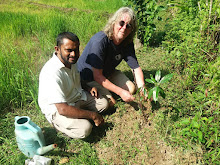























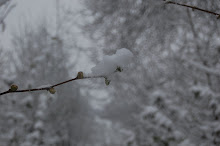













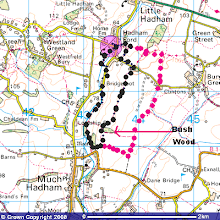
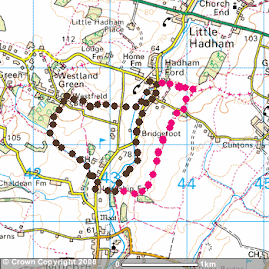
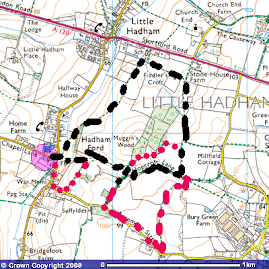
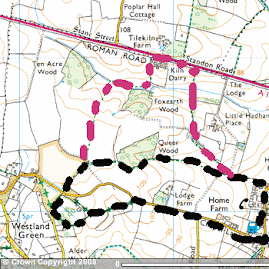
No comments:
Post a Comment